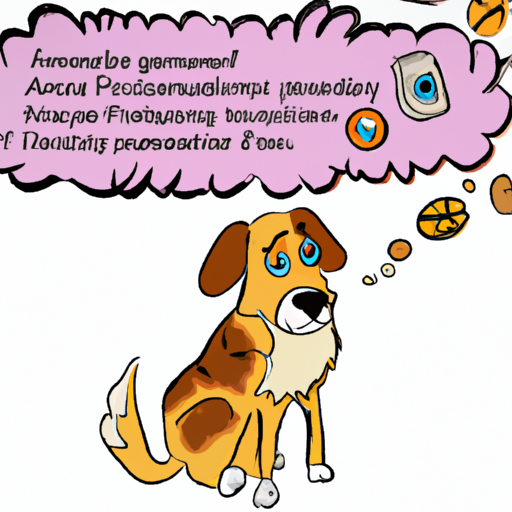Understanding Prednisone
Prednisone is a synthetic steroid that mimics the effects of cortisol, a hormone naturally produced in your dog’s adrenal glands. It’s a potent medication that can treat a wide variety of ailments in dogs. It’s an immunosuppressant, which means it suppresses the body’s immune response. This makes it a go-to medication for conditions where the immune system is overactive and causing harm.
Prednisone Uses in Dogs
Prednisone is a versatile drug with a wide range of applications:
- Anti-inflammatory: Prednisone can reduce inflammation in the body, making it effective in treating conditions like arthritis, allergies, and asthma.
- Immunosuppressant: It can suppress the immune system, which can be beneficial in treating autoimmune diseases like lupus.
- Cancer treatment: It’s often used as part of cancer treatment regimes, as it can help reduce the side effects of chemotherapy.
Potential Side Effects of Prednisone
Like any medication, Prednisone can have side effects. It’s important to monitor your dog closely while they’re on this medication. Here are some potential side effects:
- Increased thirst and urination
- Increased hunger
- Panting
- Skin infections
- Weight gain
| Side Effects | Details |
|---|---|
| Increased thirst and urination | A dog on Prednisone might drink and urinate more than usual. |
| Increased hunger | Your dog might be hungrier than usual, leading to weight gain. |
| Panting | Excessive panting can be a side effect. |
| Skin infections | Immunosuppression can lead to increased susceptibility to infections. |
| Weight gain | With increased appetite, weight gain can be a issue. |
Managing Prednisone Treatment
When your vet prescribes Prednisone, it’s important to follow the dosage instructions correctly. Here are a few tips:
- Don’t stop the medication abruptly: Prednisone needs to be tapered off slowly to prevent withdrawal symptoms.
- Monitor your dog closely: Look out for side effects and report any concerns to your vet.
- Regular vet check-ups: Regular check-ups allow your vet to monitor your dog’s response to the medication and make necessary adjustments.
Frequently Asked Questions
Q: Can I stop giving my dog Prednisone if they seem better?
A: No, Prednisone should never be stopped abruptly. Always follow your vet’s instructions.
Q: Does Prednisone make my dog hungry?
A: Yes, increased appetite is a common side effect.
Q: Can Prednisone cause my dog to pant more than usual?
A: Yes, excessive panting can be a side effect.
Q: Will my dog gain weight on Prednisone?
A: It’s possible, as Prednisone can increase your dog’s appetite.
Q: Will my dog need regular vet check-ups while on Prednisone?
A: Yes, regular vet visits are important to monitor your dog’s response to the medication.
Remember, you’re your dog’s advocate and caregiver. Your knowledge and understanding of Prednisone can go a long way in ensuring they get the best care possible.



